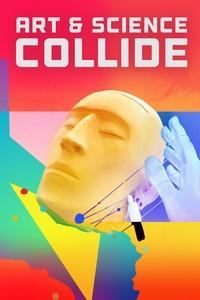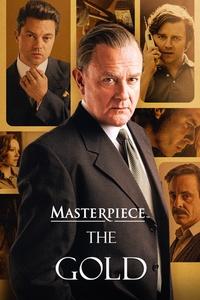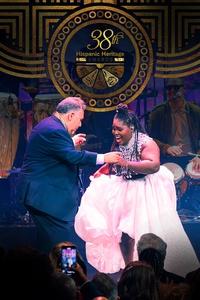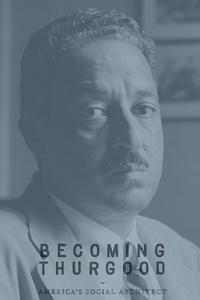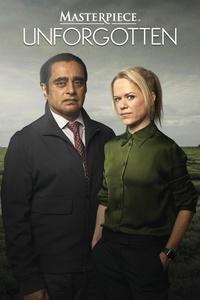Life/Liberty: Our Sacred Honor -
thomas jefferson
Thomas Jefferson is by most accounts the most admired and greatest figure in American history. However, he was a man whose behavior in many ways contradicted his public declarations. He supported resistance and revolution in America and France, yet was not a charismatic politician or front-line soldier. His eloquence was immortalized in the Declaration of Independence, which declared that "All men are created equal." He disapproved of the slave trade, yet owned over 200 human beings and had no intention of granting them their freedom. A Renaissance man in his own right, Jefferson was an architect, writer, surveyor, statesman and scientist. In part 1 of Ken Burns' biographical portrait of Thomas Jefferson, Jefferson's beginnings in Virginia are detailed from his education at William & Mary, the building of Monticello, to his marriage and children. Jefferson is called to Philadelphia as a statesman, and to Paris after the American revolution as an official diplomat. While Jefferson was laying the foundations of a new government and country, his work was tragically interrupted by a series of personal losses at his Monticello home.
Duration: 1 hour 28 minutes and 45 seconds
Episode Number: 101
No future air times were found for this episode.
About Thomas Jefferson:
Thomas Jefferson is a two-part portrait of our enigmatic and brilliant third president.
Thomas Jefferson embodies within his own life the most profound contradictions of American history: as the author of the Declaration of Independence, he gave voice to our fervent desire for freedom, but he also owned more than 150 slaves and never saw fit to free them.
Watch Thomas Jefferson - Clips, Episodes & Previews
NHPBS Over-the-Air Broadcast
WENH-TV Ch. 11 Durham
WLED-TV Ch. 48 Littleton
WEKW-TV Ch. 18 Keene
W50DP-D Ch. 50 Hanover
W34DQ-D Ch. 34 Pittsburg
NHPBS Five Channels
NHPBS - 11.1
Explore - 11.2
World - 11.3
Create - 11.4
Kids - 11.5
All of our channels and NHK World Japan are streaming LIVE ONLINE and on the PBS App, available on most devices.
 The Road to Monticello
The Road to Monticello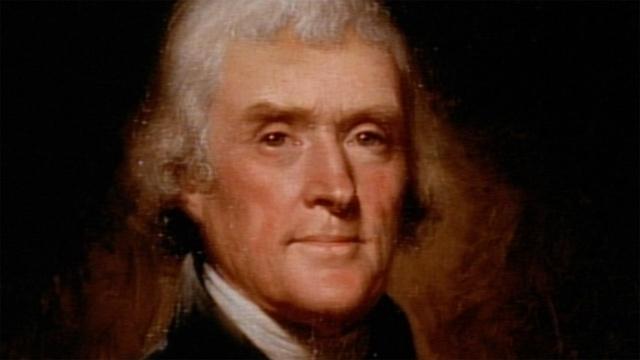 An American Enigma
An American Enigma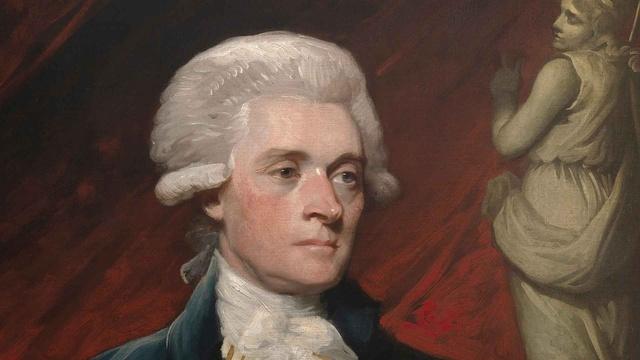 Part 1
Part 1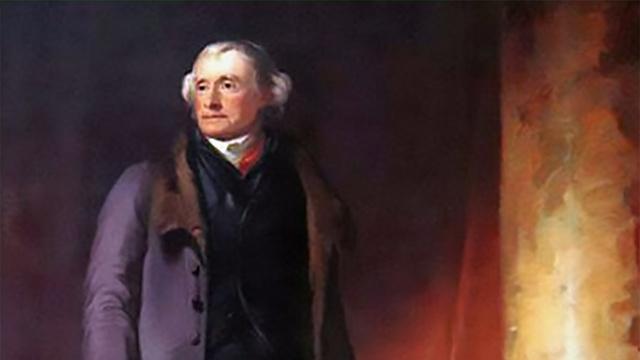 Part 2
Part 2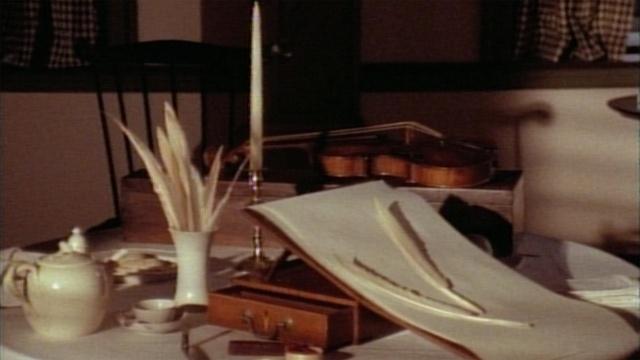 Drafting the Declaration of Independence
Drafting the Declaration of Independence




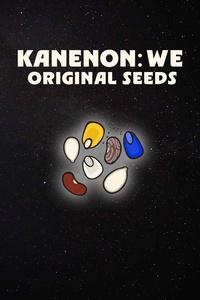
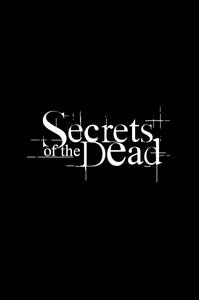


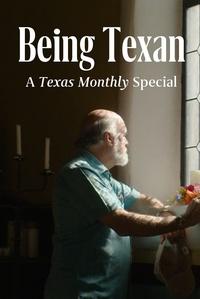

![American Masters | Marlee Matlin: Not Alone Anymore [ASL]](https://image.pbs.org/contentchannels/4/DQonQiQxfoWZiaPvAsVCw.jpg.resize.200x300.jpg)
